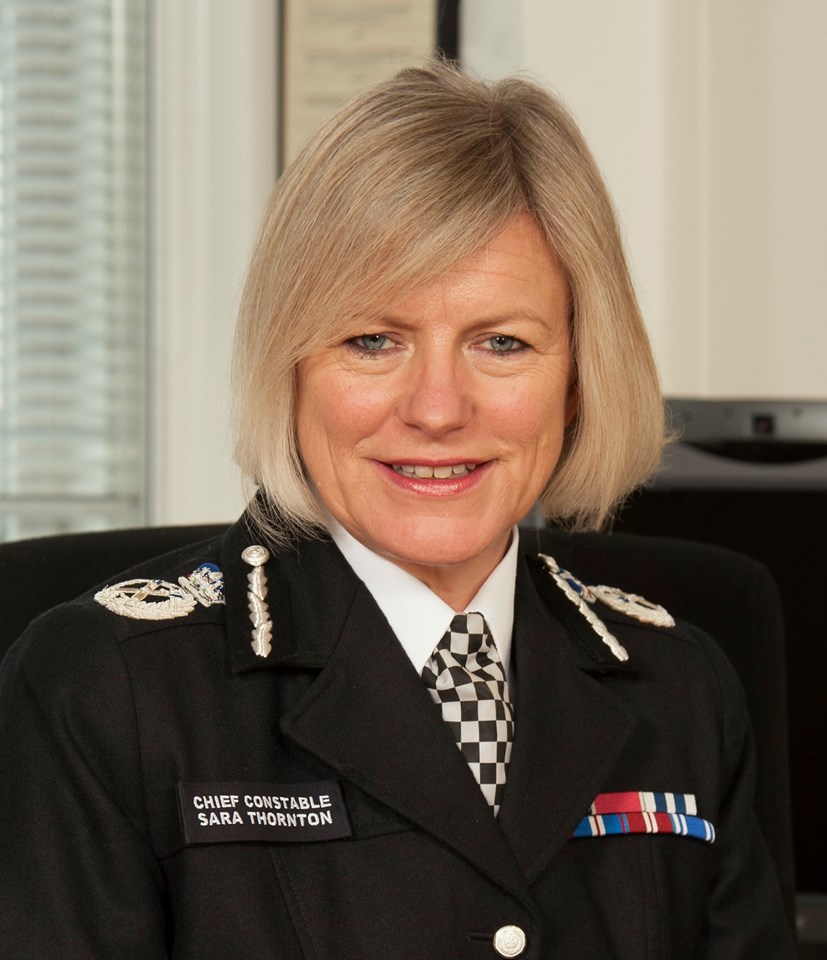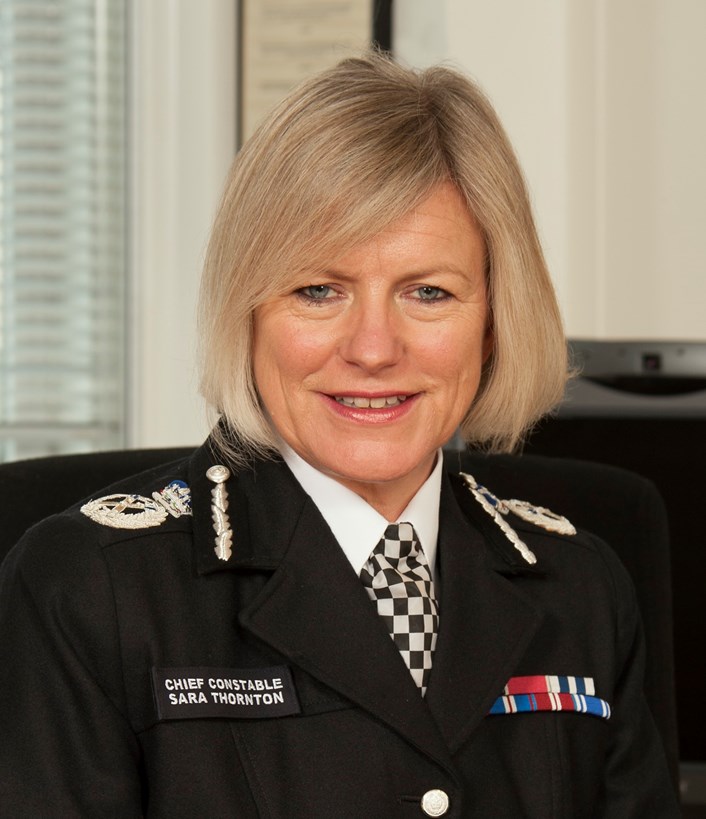
11 Oct 2018
Police Chiefs' Blog: CC Sara Thornton - Chief Constables' Council October 2018
Police chiefs gathered for a busy Chief Constables’ Council in Cardiff this week to discuss some of the most pressing issues for policing. As ever, it gave an opportunity for chiefs to get into the detail of issues affecting the police service across the country and share their experiences on the ground.
When we last met in July, the upcoming visit from U.S. President Donald Trump was fast approaching. This was a significant operation with the President visiting four force areas and protests taking place in many others.
The National Police Coordination Centre presented data from all forces to understand the full scale of the visit. Nearly every force supported the operation with nearly 10,000 officers deployed from all over the country, performing over 26,000 shifts. The full cost of the operation is still being worked out but an early estimate is nearly £18 million. All forces reported high demand at the time of the visit from the requirements of the operation as well increased demand and calls from the public linked to the World Cup and hot weather as well as numerous events and festivals. These demands affected local policing to differing degrees across the country with the host forces most impacted. The majority of forces had to cancel officers’ rest days and extend the length of their shifts. Despite the challenges, the hard work of officers and staff made sure that the public were kept safe throughout.
Chief Constable Charlie Hall presented a series of requirements for the National Police Air Service, which provides air support across police forces to help search for missing people, pursue criminals and respond to major incidents. Chiefs agreed the requirements set out, such as deploying air support based on assessments of threat, risk and harm, rapid decision-making and deployment of air support within agreed timescales and that air support should include a blend of helicopters, fixed wing planes and drones. But with police forces already stretched financially, chiefs would need to see detailed costings and proposals for funding models to meet the user requirements before committing, including options for collaborating with other agencies. This detailed business case, informed by NPAS, will be assessed in January.
A substantial part of our agenda was dominated by financial issues. Forces are currently pulling together their medium term forecasts and the Treasury announcement a few weeks ago about changes to employee pension contributions means that forces in England and Wales may need to find an extra £417 million by 2020/21. This is equivalent to nearly 10,000 officers and grave concern was expressed about further reducing the sustainability of local police forces. This matter has been raised with the Government and discussions are being held.
There was general concern about the strain that forces are currently under and the impact on core policing such as answering emergency call, investigating crime and neighbourhood policing. We are working with police and crime commissioners on developing the evidence case for increased police resources in the next spending review in 2019. There is a small dedicated team working with Home Office officials to gather the evidence on demand and resilience, efficiency and productivity, new capabilities and funding options. Chiefs were provided with an update on this work and welcomed the fact that everyone is working together to make the most compelling case possible.
As ever there was a focus on police reform and technology change. We received an update from College of Policing CEO Chief Constable Mike Cunningham on the work being undertaken to support those working in policing. There has been much confusion about whether all new police officer recruits will need to have a degree when they join. Mike assured us this was not the case but that new recruits would be able to join on an apprenticeship which over three years would lead to a degree. This recognises the fact that the work being done by officers is increasingly complex and is rightly accredited at degree level.
On technology we discussed the importance of ensuring that improving the use of digital technology will be a key part of any submission to the spending review. It is encouraging to see that two of the police-led programmes on web-site services and basic office services are proving very popular with forces with high levels of participation. Such collaboration on technology has often proved elusive but with the right services on offer it demonstrates that we can work together. Concerns were expressed about the continuing delays to the introduction of the Emergency Services Network and that this was resulting in increased costs in forces.
Chiefs also heard from Chief Constable Francis Habgood on the progress towards a new system of pay which will allow forces to reward the hard work and contribution of officers through the pay they receive. While chiefs recognised that the transition may not be easy, there was agreement that there was a need for a fairer system which both rewards serving officers and encourages new people to join the service. Plans are well advanced and consultation is taking place with staff. More detailed proposal will be brought to Council in January which Chiefs will be asked to approve for submission to the Police Pay Review Body.
Contact information
Communications office
By phone: 0800 538 5058
By email: press.office@npcc.police.uk

